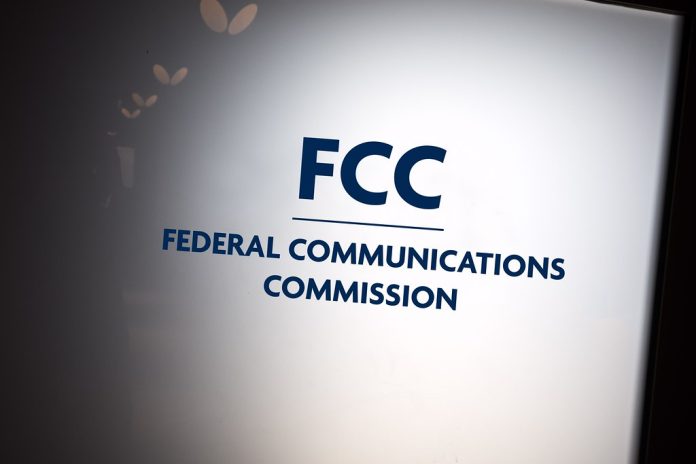FCC’s regulatory overreach threatens American broadband prosperity with “net neutrality” and “disparate impact” rules.
By Mark Jamison
In a concerning turn of events, the now Democrat-controlled Federal Communications Commission (FCC) is expanding its control of telecommunications beyond what the agency had in the days of Ma Bell’s monopoly. As a result, Americans are facing diminished broadband services at a higher cost.
The FCC is overreaching on two fronts. One is its push to resurrect outdated telephone regulations, misleadingly labeled as net neutrality. The second front is the introduction of ill-conceived digital discrimination regulations. Together, these expansions resemble a totalitarian’s dream for government control of today’s competitive, lightly regulated broadband markets.
Contrary to its name, net neutrality is not about impartiality but about government control of the public internet under archaic laws called Title II. Crafted nearly a century ago for telephone utilities, these laws would allow the FCC to dictate almost every aspect of broadband service, just like when the FCC and the state utility regulators did when telephone companies were government-franchised monopolies.
While the FCC initially imposed Title II on the internet in 2015 under pressure from the Obama White House, the regulations were largely reversed in 2017 during Republican leadership. The FCC’s new effort would add to those monopoly-era regulations a vague “general conduct standard,” which would allow the FCC to whimsically prohibit anything it deems “unreasonable.” This could result in reduced broadband availability, lower performance, and increased costs for consumers, as per top economic research on the subject.
The FCC’s foray into digital discrimination, supposedly mandated by the 2021 infrastructure bill, expands the agency’s scope far beyond Congress’s simple directive. The legislation requires the FCC to prevent “digital discrimination of [broadband internet] access based on income level, race, ethnicity, color, religion, or national origin” for purposes of facilitating “equal access to broadband internet access service” to the extent it is technically and economically feasible. The FCC’s new regulations do much more.
The new rules regulate not only broadband providers but also contractors and other unspecified entities involved in broadband access. This open-ended reach means some companies will be surprised one day to find the FCC at their doors accusing them of violating regulations that they didn’t even know existed.
The prosecutions won’t be limited to acts of actual discrimination. The agency says it will hold these entities liable if a group is simply differently impacted by actions that are in no way discriminatory. This overreach raises concerns about the potential liability of companies for outcomes beyond their control, as numerous academic studies indicate broadband demand varies based on income, race, and other demographics.
The agency also expanded the metrics for assessing broadband access beyond the legislation’s requirements. To the bill’s specified four metrics, one of which is unfortunately “other,” the FCC added more than 20 additional metrics, including network upgrades, contractual terms, pricing, and marketing, and indicated that the list is not exhaustive.
These broad and open-ended enforcement provisions have an additional wild card: an invitation for third parties to file complaints, which would trigger FCC mediation and possibly consent decrees, a practice reminiscent of the Obama administration’s use of third parties and settlements to create new regulations and funnel money to favored groups.
Sadly, the FCC lacks evidence justifying its expanded regulations. Its net neutrality proposal admits to being motivated by perceived incentives and at best scant evidence of actual conduct. Similarly, the discrimination decision concedes that there is little or no evidence of actual discrimination.
Despite the lack of evidence indicating a need for these regulations, the FCC seems determined to emulate and even exceed Europe’s regulatory controls, which have stifled broadband investment and left European providers in need of life support.
Currently the United States ranks third in the world for internet access, surpassed only by Singapore and South Korea, which have significant advantages in terms of population density. The United States surpasses Europe despite the continent’s significant cost advantages.
This superior U.S. performance won’t continue if the FCC is allowed to expand its control of broadband. Perhaps Congress or the courts will step in. If they don’t, Americans will receive less and pay more for broadband.
Originally published by the American Enterprise Institute. Republished with permission.
For more great content from Budget & Tax News.











